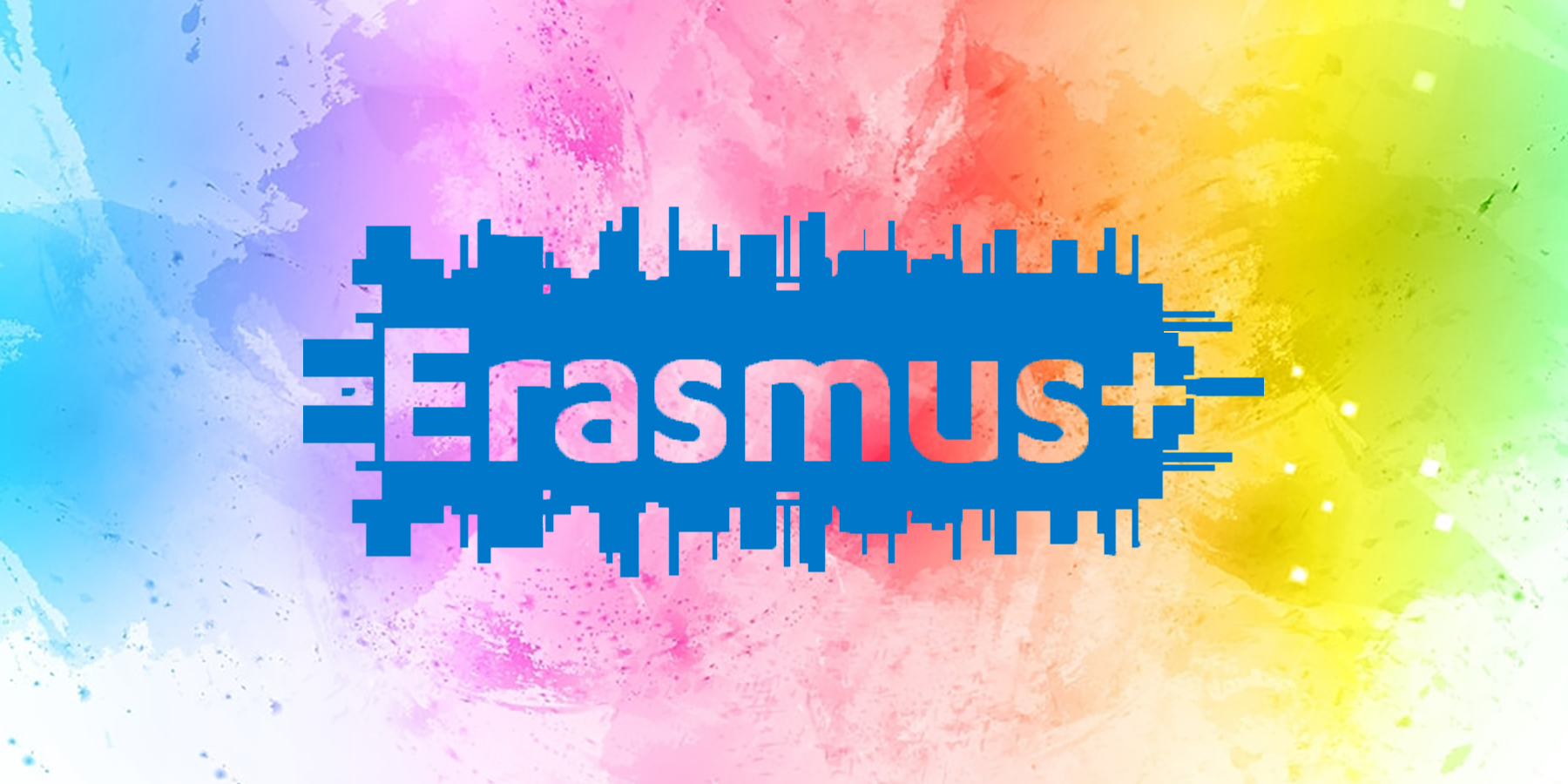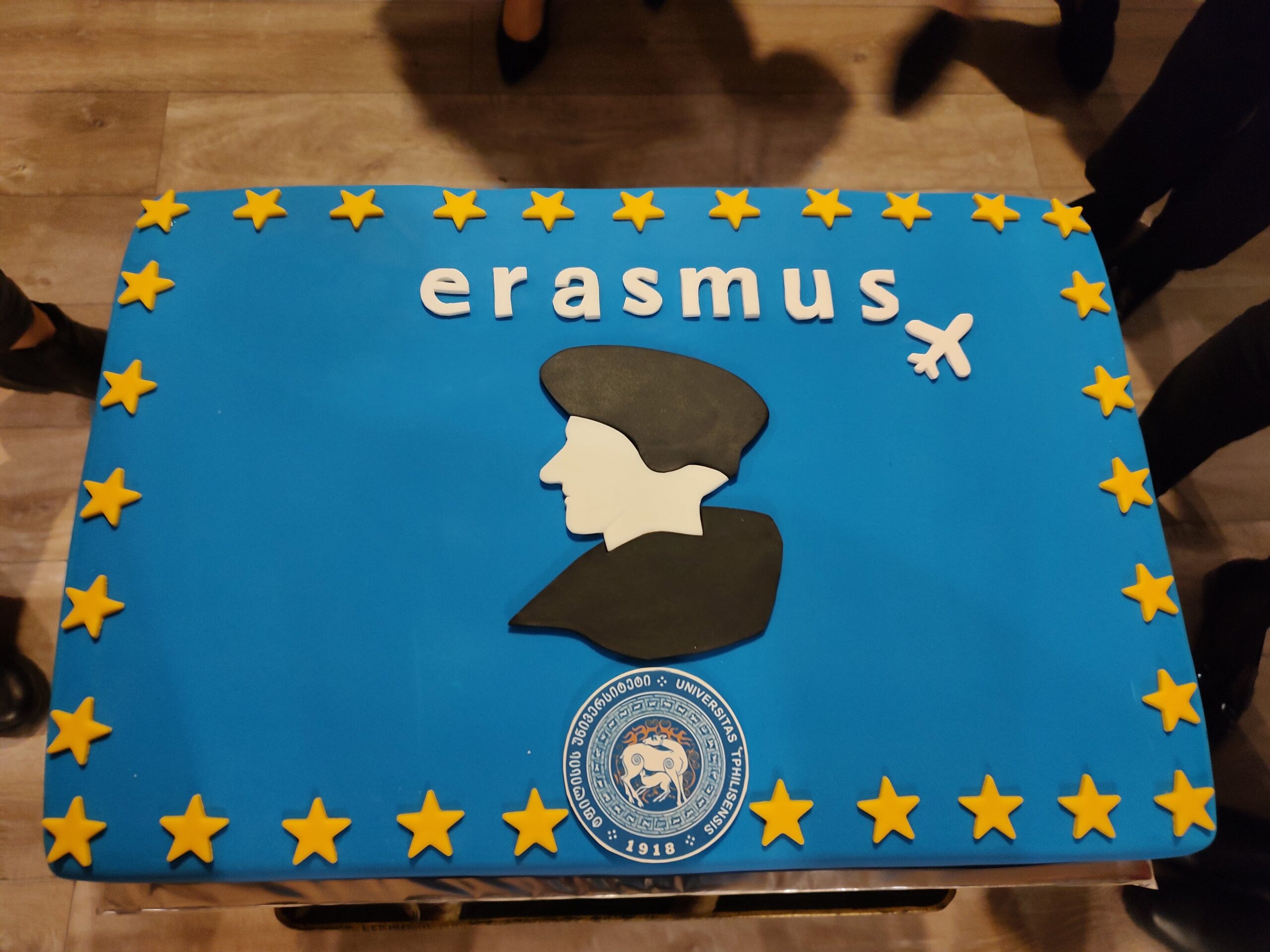A pesar de la idea general de que el Erasmus es una experiencia llena de alegría y seguridad, a veces puede resultar difícil para algunos estudiantes. Desafortunadamente, también hay casos de estudiantes Erasmus que sufren acoso durante su periodo de intercambio. En cifras, el 60% de los niños, niñas y adolescentes son víctimas de acoso. El suicidio es la principal causa de muerte juvenil, debido a que la salud mental se ve gravemente afectada por el acoso.
El acoso se define como presión agresiva o intimidación. Existen tres tipos: visual, verbal/escrito y físico. Los tipos de acoso más comunes son el bullying, el mobbing, el sexual, el psicológico y el stalking. Las nuevas tecnologías y las redes sociales han creado nuevas formas de acoso, como el ciberbullying y el ciberstalking.
En algún momento, todos podemos convertirnos en agresores o víctimas. Esta conducta no tiene una razón específica: el género, la orientación sexual, el color de piel, la religión, la nacionalidad, la edad o cualquier otra característica individual podrían ser el detonante.
Cada tipo tiene sus propias etapas, pero generalmente comienza con un incidente, un acto o situación que llama la atención del agresor, y termina con la intervención de otros (policía, jefe, familia, etc.).
La prevención es la mejor manera de ayudar, ya que todos podemos crear un espacio seguro para los estudiantes Erasmus que pertenecen a nuestra comunidad. Podemos ofrecer asistencia individualizada a quienes la necesiten, mostrándonos como personas confiables y comprensivas.
Otras formas de ofrecer tu ayuda es denunciar cualquier caso del que seas testigo, si no lo haces estás ayudando al agresor con tu silencio; pero también puedes hablar con el departamento correspondiente de tu universidad, oficina de trabajo, instituto, etc.; diseñar un protocolo de actuación, apoyar a quien lo necesite; explicar a los demás qué conductas se consideran acoso, etc.
La mayoría de las experiencias Erasmus son increíbles; sin embargo, es importante no olvidar la vida real y los peligros que acechan a los estudiantes internacionales en su nueva ciudad. Si estás en contacto con estos estudiantes, intenta estar atento a las señales y ayúdalos si lo necesitan. ¡Quizás contribuyas a mejorar la experiencia de alguien!
—
Red de Estudiantes Erasmus Cádiz










Greetings from Poland!
It is extremely important that we do not close our eyes to the incidents of harassment.
Victims most often do not report this type of bad behavior. Worse, they accuse themselves very often. They think they are to blame for themselves, and that’s not true.
Such people absolutely need help. Both from the family, teachers, services and peers.
Erasmus +, as well as other academic exchange programs, are meant to bring only good memories.
This is also the responsibility of university discipline spokesmen or deputy deans for student affairs in Poland.
However, it is a job and a calling for all members of the academic community.
Hi,
thank you for this post! Especially the last paragraph is important. Erasmus experience is and always will be something great and new, when the student easily forgets about possible threats … At UJEP we have a course of resilience, how to deal with various new aspects of our journey. But no one will prepare us for possible aggression. Above all, we must learn to prevent this and pay attention to the “little things” that precede any aggression.
… [Trackback]
[…] Info to that Topic: ripec-project.eu/discussion/how-to-help-an-erasmus-student-victim-of-harassment-during-their-mobility/ […]
… [Trackback]
[…] Read More Information here to that Topic: ripec-project.eu/discussion/how-to-help-an-erasmus-student-victim-of-harassment-during-their-mobility/ […]
… [Trackback]
[…] Find More on that Topic: ripec-project.eu/discussion/how-to-help-an-erasmus-student-victim-of-harassment-during-their-mobility/ […]
… [Trackback]
[…] Read More Information here on that Topic: ripec-project.eu/discussion/how-to-help-an-erasmus-student-victim-of-harassment-during-their-mobility/ […]
… [Trackback]
[…] Information on that Topic: ripec-project.eu/discussion/how-to-help-an-erasmus-student-victim-of-harassment-during-their-mobility/ […]
… [Trackback]
[…] Read More Information here on that Topic: ripec-project.eu/discussion/how-to-help-an-erasmus-student-victim-of-harassment-during-their-mobility/ […]
… [Trackback]
[…] Find More here to that Topic: ripec-project.eu/discussion/how-to-help-an-erasmus-student-victim-of-harassment-during-their-mobility/ […]